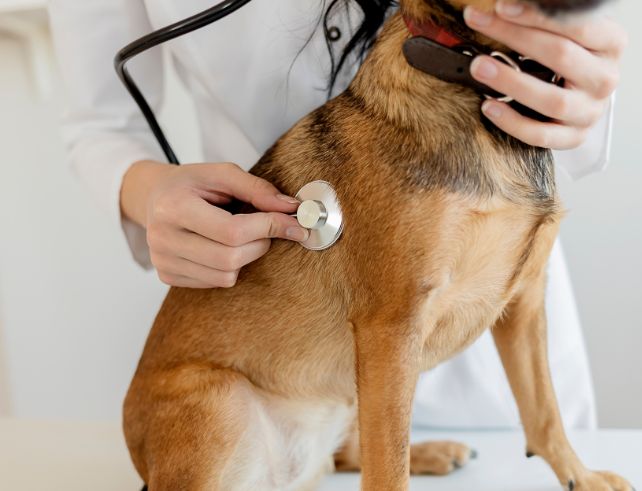Welcome, dear readers, to our esteemed blog at Let’s Have Pet, your go-to resource for pet care. Today, we delve into the world of regular pet health check-ups, a crucial aspect for ensuring the long-term health and wellness of your beloved pets.
The subject matter is not merely about understanding the importance of regular vet visits. Indeed, these routine pet health examinations can potentially save your pet’s life. Given the immense joy and companionship our pets provide, it’s our duty to ensure they live the healthiest and longest lives possible.
The Importance of Regular Pet Health Check-ups

Regular pet health check-ups are crucial for several reasons:
1. Early Detection of Illnesses: Pets, just like us, can develop a variety of health issues like diabetes, heart disease, arthritis, dental disease, and cancer. It is during these consistent pet health check-ups that vets can detect these illnesses early when they are most treatable.
2. Prevention is Better than Cure: More importantly, regular veterinarian visits can also serve as a preventative measure against these diseases by ensuring your pet receives the appropriate vaccines and preventative treatments.
3. Monitor Pet’s Weight: Besides diseases, obesity is another common health issue in pets, which can lead to various illnesses like diabetes and arthritis. Regular vet visits, therefore, are essential to monitor and maintain your pet’s weight.
Frequency of Check-ups

The frequency of health check-ups depends on your pet’s age, breed, and health condition. Here’s a general guide:
Puppies/Kittens: They require regular pet health check-ups every 3-4 weeks until they’re around four months old. These visits ensure they’re growing well and receiving necessary vaccinations.
Adult Pets (1-7 years): Generally, a yearly health check is usually sufficient. However, some breeds may require more frequent vet visits.
Senior Pets (7+ years): As our pets age, vets recommend health checks every six months. This is due to older pets being more susceptible to diseases, and early detection can significantly improve their quality of life.
What Happens During a Check-up?

During a routine vet visit, the vet will perform a thorough physical examination, which includes:
1. Visual Assessment: Initially, the vet will examine your pet’s posture, behavior, and physical condition. Changes in these aspects can be a sign of underlying issues.
2. Weight Check: Following the visual assessment, tracking your pet’s weight can help detect early signs of diseases like obesity or sudden weight loss.
3. Skin and Coat Examination: Subsequently, the vet checks for parasites, rashes, or abnormalities that may indicate allergies or other health issues.
4. Eyes, Ears, and Teeth Check: After the skin, the vet will look for signs of infections or diseases in your pet’s eyes, ears, and mouth.
5. Heart and Lung Assessment: Using a stethoscope, the vet listens for abnormalities in your pet’s heartbeat and breathing.
6. Lab Tests: Lastly, sometimes, vets may recommend blood tests, urinalysis, or fecal exams to diagnose diseases that aren’t evident in a physical exam.
Wrapping Up

In conclusion, regular pet health check-ups are an essential part of pet ownership. It is our responsibility to ensure our pets’ health and longevity, and regular vet visits provide a means to detect, prevent, and treat potential health issues.
Remember, our pets give us unconditional love, companionship, and bring joy to our lives. In return, let’s strive to provide them with a healthy, happy, and long life.
So, stay tuned to letshavepet.com for more insightful blogs about pet wellness. Share this guide with fellow pet owners, because healthy pets make happy homes. Read others

